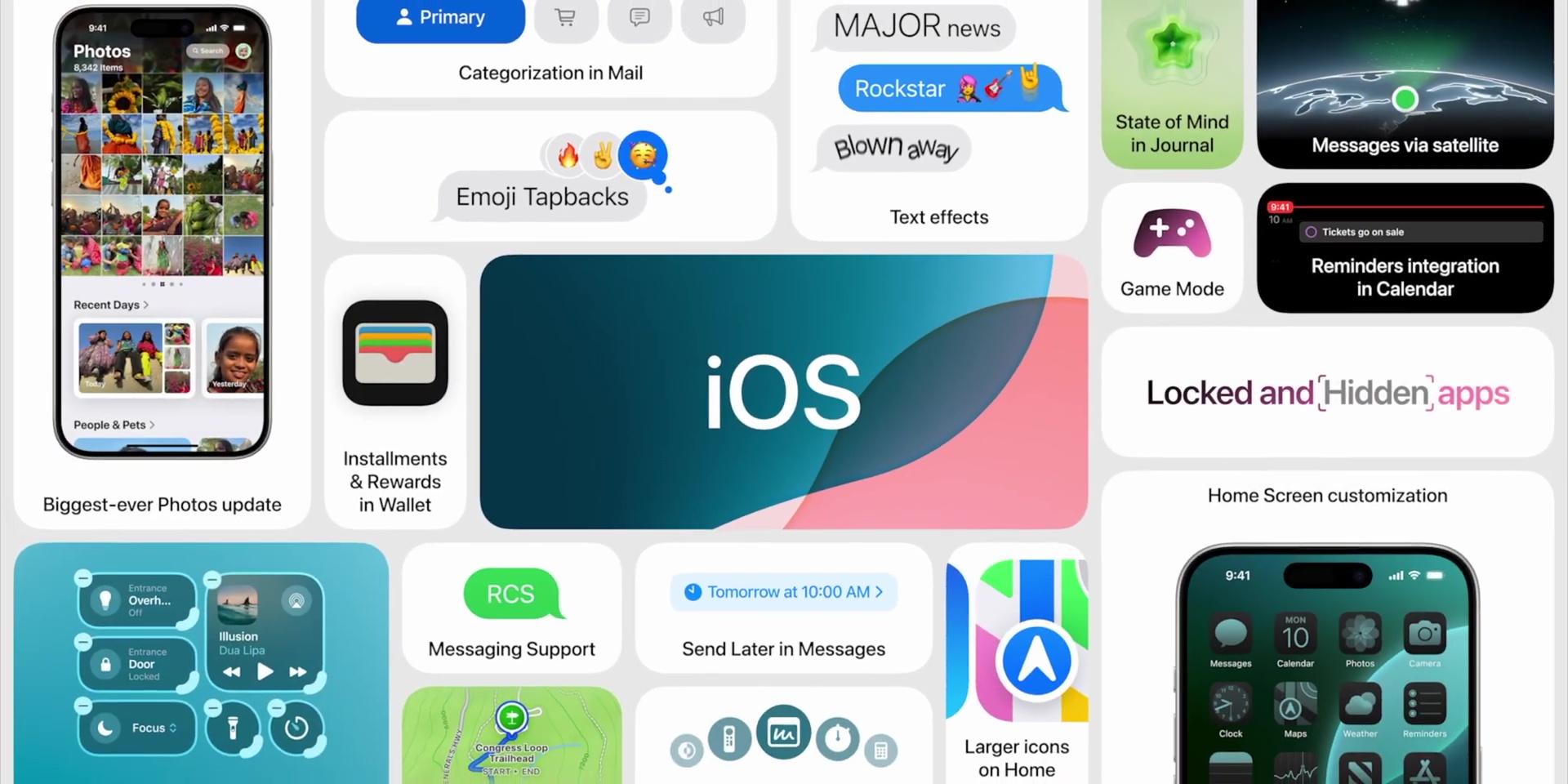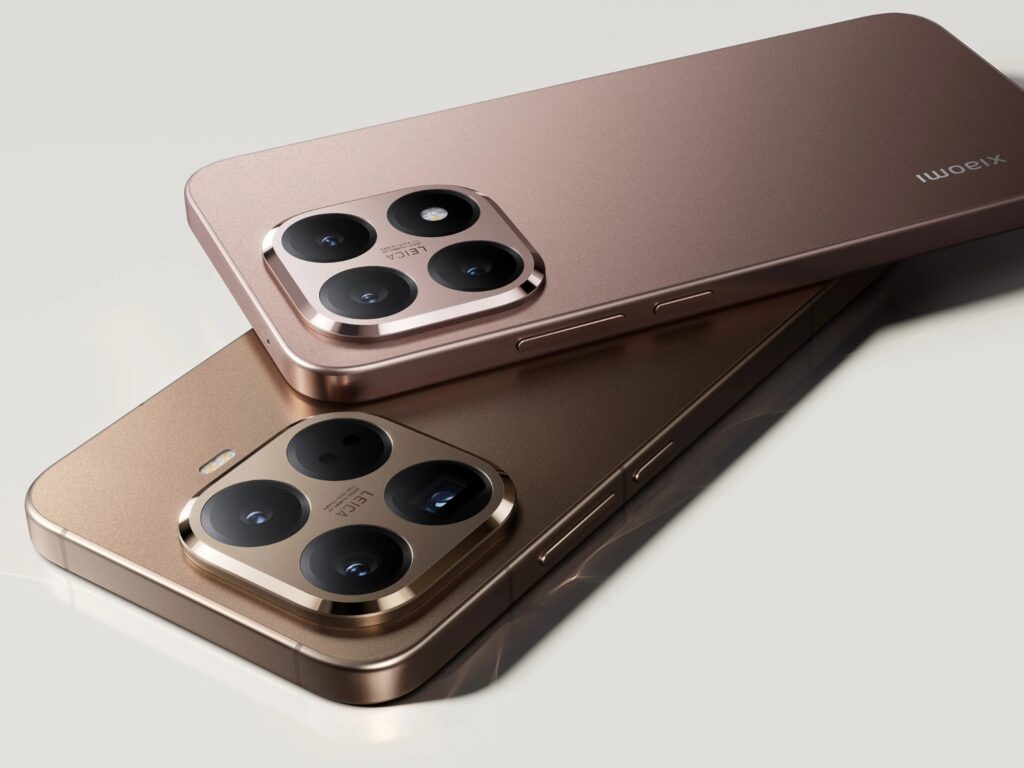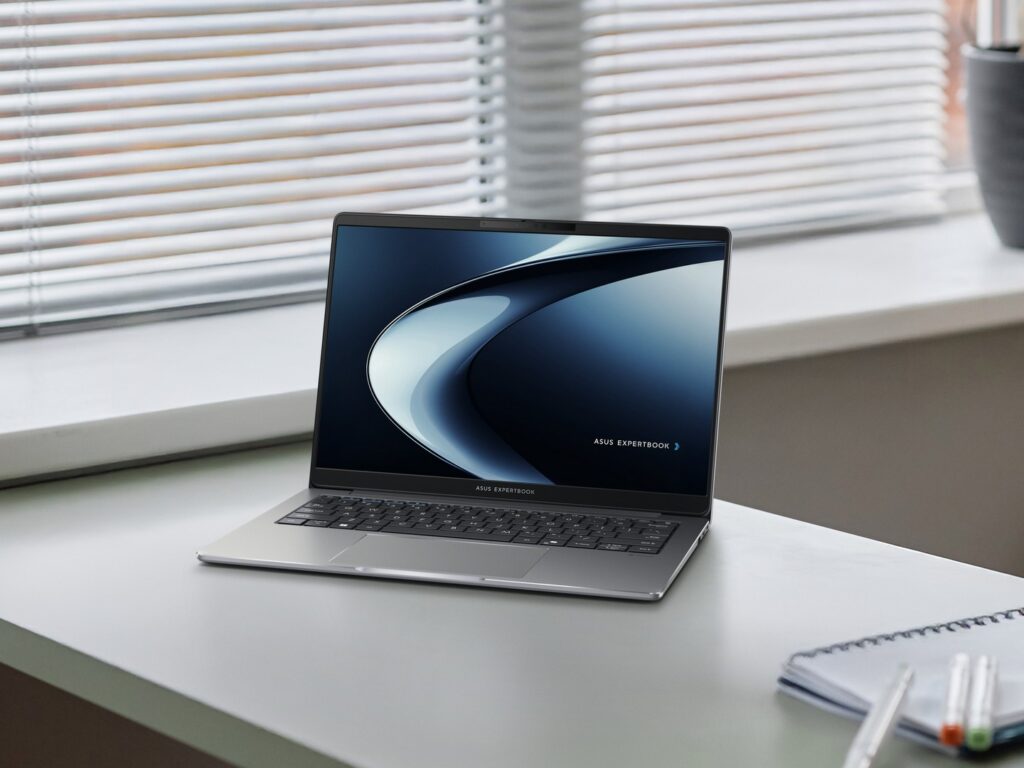Apple Shocks with “iOS 26” Announcement, Skipping Expected iOS 19 in Major OS Overhaul
In a surprising move first reported by Mark Gurman in his Bloomberg article, Apple is reportedly set to unveil a radical shift in its operating system naming convention, headlining a comprehensive software overhaul across its device lineup. Instead of naming the next iPhone operating system “iOS 19” as expected, sources familiar with the matter reveal that Apple plans to leap directly to a year-based naming system, branding the upcoming release as “iOS 26.”
Year-Based Naming System to Replace Version Numbers
This unexpected jump is part of a broader strategy to identify all future Apple operating systems by the year of their anticipated release, rather than sequential version numbers. This means the current iOS 18 will give way to the significantly higher “iOS 26,” a move that has already raised eyebrows within the tech community. Apple will extend this new naming convention across its other platforms, designating subsequent updates as iPadOS 26, macOS 26, watchOS 26, tvOS 26, and visionOS 26.
Apple’s motivation behind this dramatic change is reportedly to establish greater consistency in its branding and to move away from a numbering system that has become increasingly complex and potentially confusing for both consumers and developers. The current disparity in version numbers across iOS 18, watchOS 12, macOS 15, and visionOS 2 stems from their differing initial release timelines. The decision to jump directly to “26” effectively resets this numbering inconsistency under a unified year-based system.
WWDC Announcement Expected on 9th June
The company plans to officially announce this significant and unexpected change at its annual Worldwide Developers Conference (WWDC) on the 9th of June. This rebranding effort will coincide with the introduction of entirely redesigned user interfaces across all operating systems, aiming to deliver a more unified and seamless experience for users transitioning between their various Apple devices. Apple is reportedly internally codenaming this new visual style “Solarium,” and it will encompass tvOS, watchOS, and elements of visionOS.
This strategic move by Apple echoes similar naming conventions adopted by other major technology companies. In 2020, Samsung Electronics Co. rebranded its flagship Galaxy S phone lineup to align with the launch year, starting with the Galaxy S20. Microsoft Corp. also adopted a year-based naming system for its major operating system releases in 1995, with the introduction of Windows 95, followed by Windows 98 and Windows 2000.
However, Apple’s approach differs slightly in that it will reportedly use the subsequent year for its operating system names. The next iterations, slated for release around September 2025, will carry the “26” moniker, mirroring how automotive manufacturers actively brand their vehicles with the following model year. If this pattern continues, future releases will likely adopt the “27” designation and so forth. The decision to skip several version numbers to land on “26” has surprised many, signalling a more radical departure from Apple’s traditional naming strategy than initially anticipated.
Past Precedent and Future Features
Alongside this significant naming overhaul, Apple is also planning substantial feature enhancements across its ecosystem. Notably, the iPad is expected to receive a more Mac-like user experience, potentially enhancing its utility for professional tasks. Furthermore, Apple is reportedly opening up its underlying Artificial Intelligence models to third-party developers, allowing them to leverage the technology powering the Apple Intelligence platform.
Other anticipated features across Apple’s devices include a live-translation mode for AirPods and the Siri voice assistant, an eye-scrolling functionality for the Vision Pro headset, new AI-driven health features and a smart battery management mode. Additionally, users can look forward to a new bidirectional Arabic and English keyboard, a digital calligraphy pen designed for Apple Pencil users, and a dedicated application for gaming on Apple devices.




